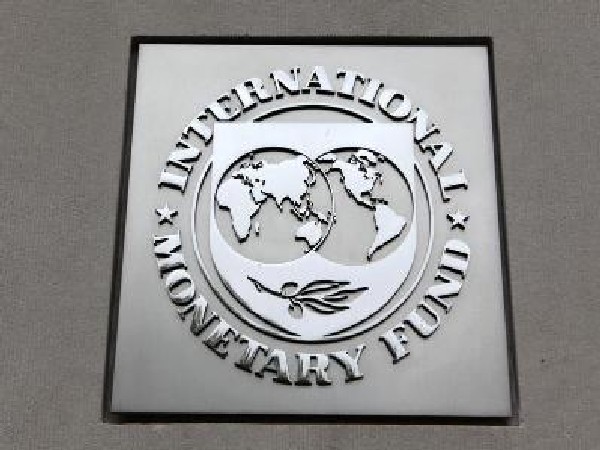
Colombo: A delegation of the International Monetary Fund (IMF) is all set to visit Sri Lanka next week.
The IMF said that the visit will be from August 24 to August 31 and the main focus will be to continue discussions with the Sri Lankan authorities on economic and financial reforms and policies, reported Colombo Gazette. The objective of this meeting is to help reach a staff-level agreement on a prospective IMF Extended Fund Facility (EFF) arrangement in the near term.
Because Sri Lanka's public debt is assessed as unsustainable, approval by the IMF Executive Board of the EFF program would require adequate assurances by Sri Lanka's creditors that debt sustainability will be restored.
The team will be led by Peter Breuer and Masahiro Nozaki, according to Colombo Gazette.
Earlier, Sri Lanka's President Ranil Wickremesinghe, on July 31, noted that the protests had delayed a possible deal with the IMF which was progressing after he assumed duties as Prime Minister.
"The negotiations stalled due to instability in the island nation over the past few weeks as agitators stormed the nation amid extreme fuel and food shortages," he said.
The President reiterated that other countries are not willing to offer financial assistance to the island nation until a deal is reached with the IMF. Sri Lanka needs to find ways to repay its loans as IMF will not fully resolve the issues faced by the country.
Notably, on July 9, Sri Lankan protesters broke into then Prime Minister Ranil Wickremesinghe's private residence and set it on fire, angered by the unprecedented economic crisis.
Just a few hours ago with the demand for then President Gotabaya Rajapaksa's resignation, they stormed into the compound, tore down security cordons placed by police, took a dip in the swimming pool and romped through his kitchen and home.
Earlier, the police fired tear gas at the protesters but despite that, they entered his house and set the house on fire.
Following this, Wickremesinghe, who was appointed as Prime Minister in May, announced his resignation from his post in order to ensure the continuation of the government and the safety of all the citizens.
On July 21, following the resignation of then President Gotabaya Rajapaksa, Wickremesinghe was sworn in as President of Sri Lanka in Parliament before Chief Justice Jayantha Jayasuriya. He was elected as president in an election held in Parliament on July 20.
Notably, Sri Lanka is suffering its worst economic crisis since gaining independence in 1948, which comes on the heels of successive waves of COVID-19, threatening to undo years of development progress and severely undermining the country's ability to achieve the Sustainable Development Goals (SDGs).